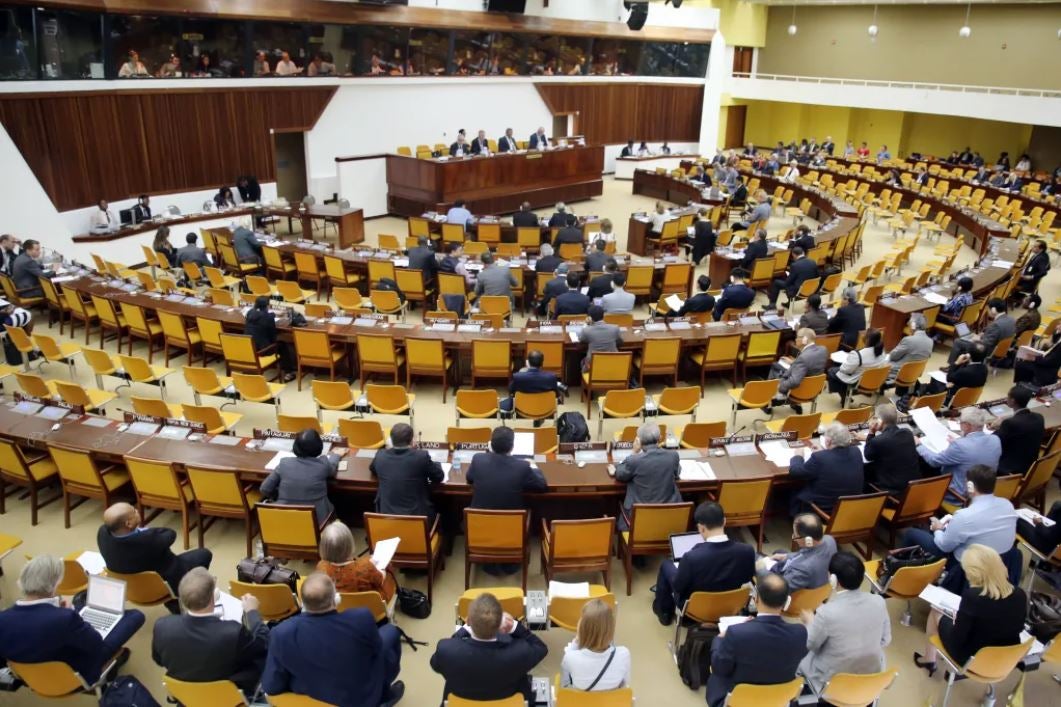
The UN-affiliated International Seabed Authority (ISA) is meeting for talks in Jamaica this week to discuss deep-sea mining permitting following a two-year ban on the practice.
In 2021, the Pacific state of Nauru activated an obscure sub-clause in the UN Convention on the Law of the Sea, which gave the ISA a two-year deadline to finalise regulations.
Global companies and governments have already applied for deep-sea mining permits from the ISA. According to the two-year rule, the ISA must “consider and provisionally approve” applications two years after they are submitted, even though regulations have not yet been finalised.
Marine biologists and environmentalists have cautioned that a gold rush could have serious implications for marine life and habitats.
Supporters of the practice say that mineral deposits found on the sea floor are needed to develop transition technologies including batteries and solar panels.
Polymetallic nodules, found at depths of 3,500–5,000 metres, are rich in copper, manganese, nickel and cobalt sulphate. Deep-sea mining supporters claim that it is possible to remove polymetallic nodules responsibly.

US Tariffs are shifting - will you react or anticipate?
Don’t let policy changes catch you off guard. Stay proactive with real-time data and expert analysis.
By GlobalDataGlobal governments have been meeting regularly since 2021 to discuss deep-sea mining regulations, resulting in intense debate.
Nearly 200 governments are calling for a “precautionary pause” or moratorium on the practice until more in-depth research has been completed. These include Chile, Costa Rica, Germany, New Zealand, Spain and Switzerland. France has banned the practice outright.
The ISA may grant governments the chance to vote on a ban on the practice within the next month.
Environmental campaigns at this week’s talks
Vast areas of the deep ocean remain under-researched, with biologists predicting that thousands of species that live there are yet to be named.
Environmental campaigners will attend this week’s talks to call for a ban on deep-sea mining.
“We call on all States to stand up and be counted by establishing a deep sea mining moratorium at the ISA Assembly,” said Sofia Tsenikli from the Deep Sea Conservation Coalition in a statement on Monday.
“By hitting the brakes on deep sea mining, governments will be prioritising the health of our ocean for future generations over short-term profit. Anything less would run contrary to their ocean protection obligations, including those enshrined in the recently adopted High Seas Biodiversity Treaty,” she went on.
Speaking with Mining Technology earlier this year, biologist Kirsten Thompson “challenged” the notion that the mining of the deep sea is necessary for the development of transition technologies.
“It is a very compelling narrative to say that we need this for the green revolution and […] I would challenge that. There are other ways in which we can implement societal changes that means that we probably don’t need as many of these metals as you might predict and there are ways in which we can change our transport infrastructures to account for that,” she said.



